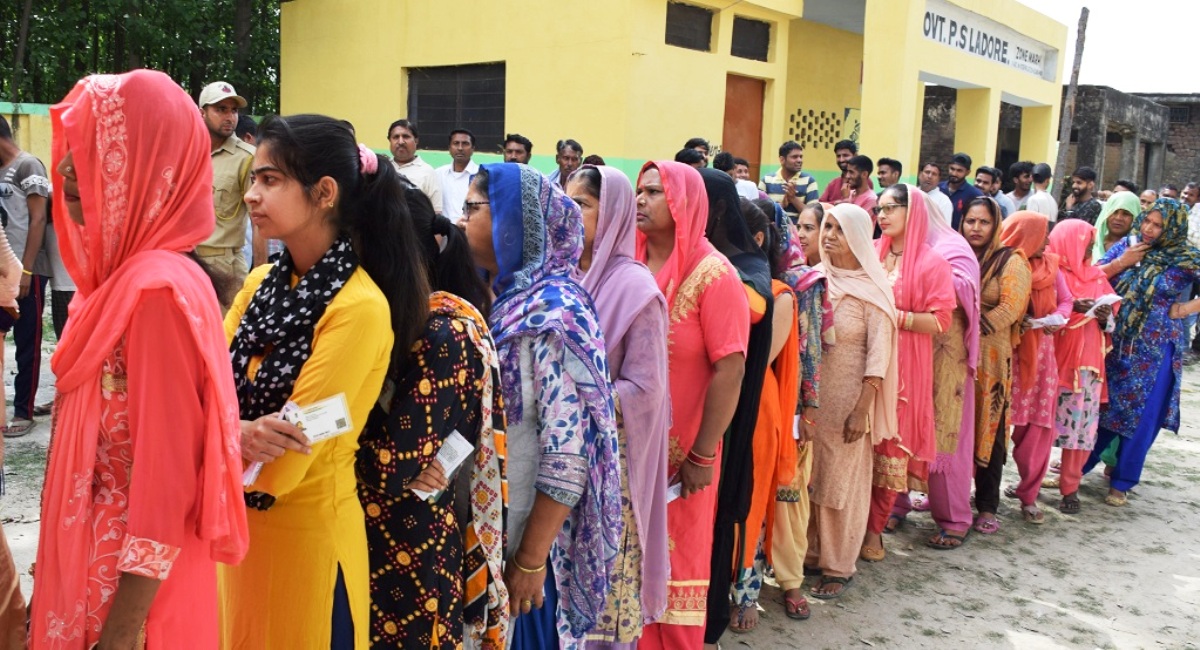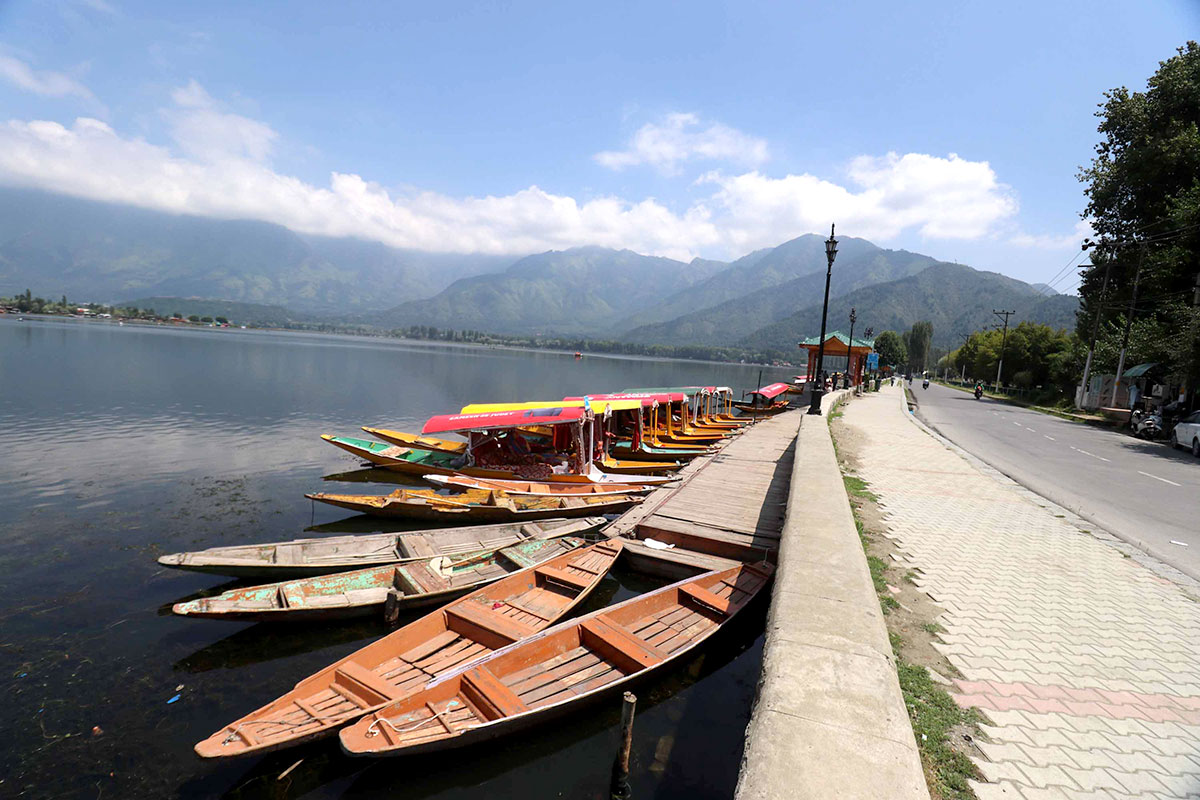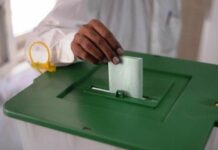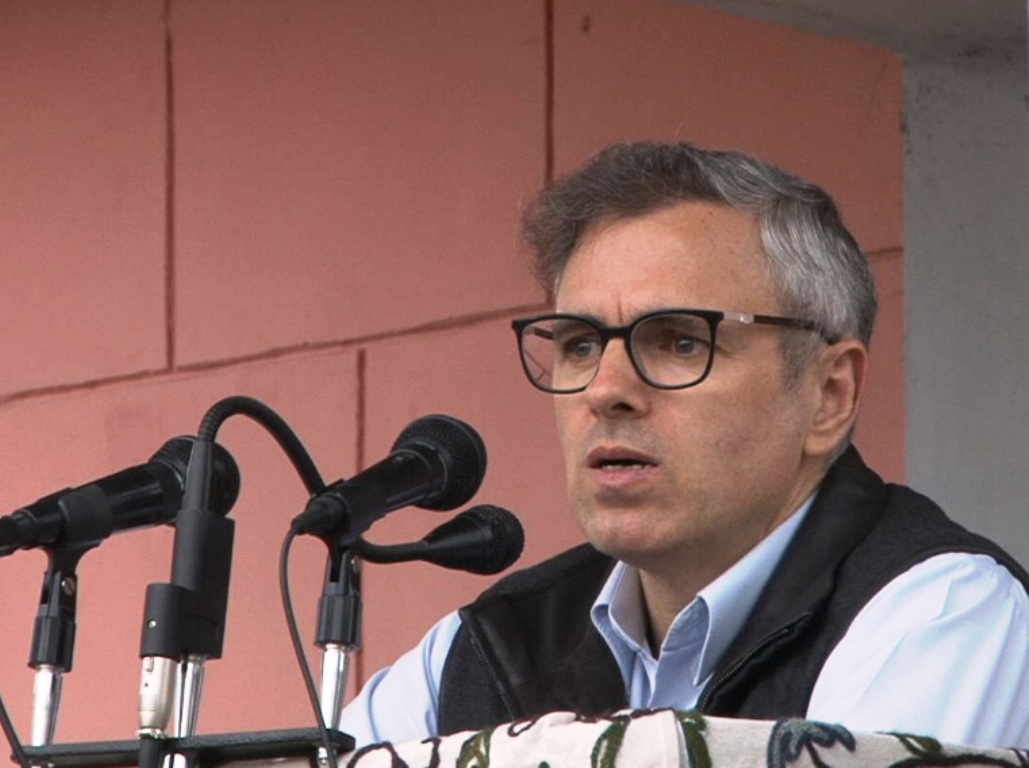SRINAGAR: For the first time in over a decade, border residents of the Jammu region flocked to polling stations without fear of being caught in Pakistan’s shelling, casting their votes to determine the fate of 22 candidates contesting the Jammu Lok Sabha constituency on Friday.

Out of the 18 Assembly segments of the Jammu constituency, ten segments—Ramgarh, Vijaypur, and Samba of Samba district, Bishnah, Suchetgarh, Ranbir Singh Pura, Marh, Akhnoor, and Chamb of Jammu, and Sunderbani-Kalakote Assembly of Rajouri district—have votes in border areas.
The mixed population of the border belt consists of Gujjars, Jats, Scheduled Castes, West Pakistani Refugees, Chamb Refugees, and Sikhs, who mainly depend on farming and jobs in the defence forces for their livelihood.
In Jammu’s R S Pura belt, internationally acclaimed for its quality Rice cultivation, residents at Zero Line Chandu Chak voted in large numbers for security due to the fresh ceasefire agreement. Barely three kilometres away from the border, concerns shifted to Agniveer and unemployment.
Garu Chand of Abdulian village, who voted early in the morning, said that shelling from across the border has been a major concern, but the atmosphere has been peaceful since the ceasefire came into effect. “Due to peace, residents can carry out farming activities near the zero line, which is a great relief,” he said.
However, residents expressed concern over poor performance and the non-availability of a sitting Member of Parliament but expressed hope for change under the leadership of Prime Minister Narendra Modi.
Haqumat Singh, a young voter from Baspur Bangla of R S Pura, mentioned that border residents have suffered for the last couple of years due to anti-youth and anti-farmer decisions. Singh highlighted the significant dependency on farming after the army.
“The difference in price goes to middlemen because of the government’s policy to encourage corporate firms and discourage farmers,” he said.
Border dwellers also voiced concerns about inflation and demanded that the government focus on lowering prices of domestic gas and essential items to provide relief to the people.
While acknowledging the rise in drug abuse linked with growing unemployment, voters stressed the need for the government to address these issues.
Mohita Khajuria, a first-time voter from village Satrian in the R S Pura sector, emphasized the need for the government to focus on employment generation.
Officials reported that various polling stations were set up in buildings with underground bunkers in areas such as Nanga, Abdal, Sarthia Kalan, Rajpur, and Chalyari.
The Jammu parliamentary constituency recorded 67.22 per cent polling, with its border segments registering more than 70 per cent polling until 5 pm. It is likely to maintain its history of high voter turnout, as in the last parliamentary elections, the constituency registered about 74 per cent polling—(KNO)














